The Concept of Cyclone Separator System
Cyclone separator systems play a vital role in various industrial settings, aimed at eliminating particulates and segregating liquids from gas or air streams. These systems find common application in environments requiring purified air or gas, such as manufacturing plants, construction sites, and even household vacuum cleaners. The fundamental principle guiding their functionality lies in utilizing centrifugal force, which propels heavier particles to the periphery of the cyclone for collection at the base, while the purified air or gas remains centralized and exits the system.
A typical Cyclone Separator System comprises a cylindrical or conical chamber with the inlet for contaminated air or gas positioned at the top, and the clean/filtered outlet located at the bottom. Upon entry of particle-laden air into the system, a high-speed rotational flow, generated by a blower or fan, induces a vigorous centrifugal force. This force directs heavier particles towards the chamber's exterior wall, where they decelerate and settle into a collection unit. Subsequently, the purified air, now devoid of particles, exits through the top or side of the cyclone separator.
Cyclone separator systems are renowned for their efficacy in segregating fine particles from coarser ones. They are extensively employed in situations necessitating meticulous filtration, such as woodworking shop dust collection systems or industrial vacuum cleaners. The straightforward design of these systems, coupled with their capacity to manage substantial air or gas volumes, renders cyclone separators a favored choice for particle separation across diverse industries.
Variants of Cyclone Separator System
Cyclone separator systems are available in several configurations, each tailored with distinct features to suit varied applications:
-
Single-stage Cyclone Separator: This prevalent type excels in separating larger particles from air streams and is commonly employed in industrial settings for tasks like material handling or dust collection, where moderate efficiency suffices.
-
Multi-stage Cyclone Separator: Featuring multiple cyclone stages, this variant achieves higher efficiency levels compared to single-stage systems. It proves valuable in scenarios mandating stringent air quality adherence.
-
Wet Cyclone Separator: Also recognized as a hydrocyclone, this variant employs a liquid to enhance the separation process and is frequently utilized in industries like coal cleaning and ore dressing where material categorization is crucial.
-
Low Pressure Cyclone Separator: Operating under reduced pressure conditions, these separators manage large air volumes with minimal energy consumption. They suit applications requiring delicate air handling, such as chemical processing or powder coating.
-
High Pressure Cyclone Separator: Engineered to handle high-speed airflows and elevated pressures, these separators are ideal for specialized uses like gas-solid separation in power plants or advanced industrial processes.
Selecting the Right Cyclone Separator System
Choosing the appropriate cyclone separator system demands a meticulous evaluation of various factors to ensure operational efficacy and compliance with environmental standards. Businesses should evaluate their specific requisites based on the handled material type, desired efficiency, space limitations, and operational processes nature. For example:
-
Particle Size and Concentration: The particle size needing separation influences the cyclone separator selection; larger particles may necessitate a larger cyclone for effective segregation. Similarly, elevated concentrations might require a robust system with multiple stages.
-
Operating Pressure and Temperature: The operational pressure and temperature range significantly impact cyclone performance. Certain materials might demand specialized construction or design features to operate effectively under these conditions without compromising efficiency or durability.
-
Space Constraints: In confined spaces, compact or vertical cyclone separators become imperative. These not only save space but also streamline installation, offering operational advantages.
-
Construction Material: The material employed in construction should align with the operational milieu. For instance, hygiene regulations in the food industry may necessitate stainless steel usage.
By meticulously weighing these considerations against their requirements, businesses can make informed decisions when selecting a cyclone separator system that matches their operational needs while guaranteeing regulatory compliance.
Alibaba.com's Offerings in Cyclone Separator System
Alibaba.com distinguishes itself as a global marketplace linking enterprises with a wide array of cyclone separator systems suited for diverse industrial applications. With a legacy spanning over two decades since its establishment in 1999, Alibaba.com spearheads global trade facilitation by presenting an extensive product range from accredited suppliers. This ensures that businesses locate the ideal cyclone separator system meeting their specific needs without compromising on quality or performance.
The platform's intuitive interface enables businesses to filter options based on key attributes like extended service life, high efficiency, and user-friendly operation. Furthermore, Alibaba.com's Trade Assurance service provides payment security until order fulfillment affirmation, instilling confidence in customers. This commitment to customer service aligns with Alibaba.com's mission of simplifying online transactions and fostering the growth of small to medium-sized enterprises in the competitive global market.
Opting for Alibaba.com for sourcing cyclone separator systems grants businesses access to competitive pricing and the opportunity to request tailored solutions aligning with their unique requirements. With a comprehensive product lineup spanning diverse categories, including crucial elements like machinery test reports from suppliers, businesses can make well-founded procurement decisions harmonizing with their operational objectives and financial considerations.

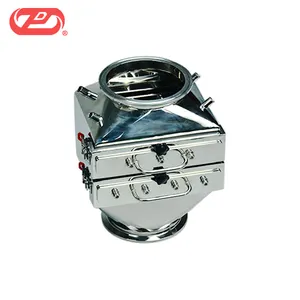






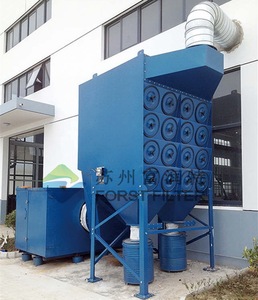





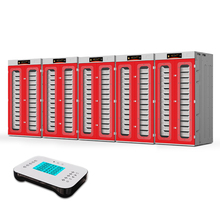
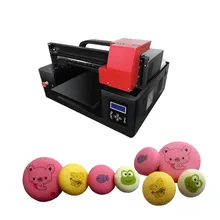




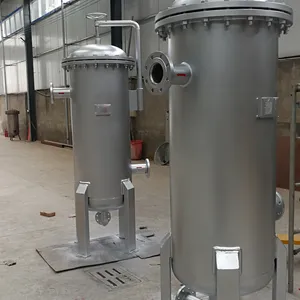


























 浙公网安备 33010002000092号
浙公网安备 33010002000092号 浙B2-20120091-4
浙B2-20120091-4